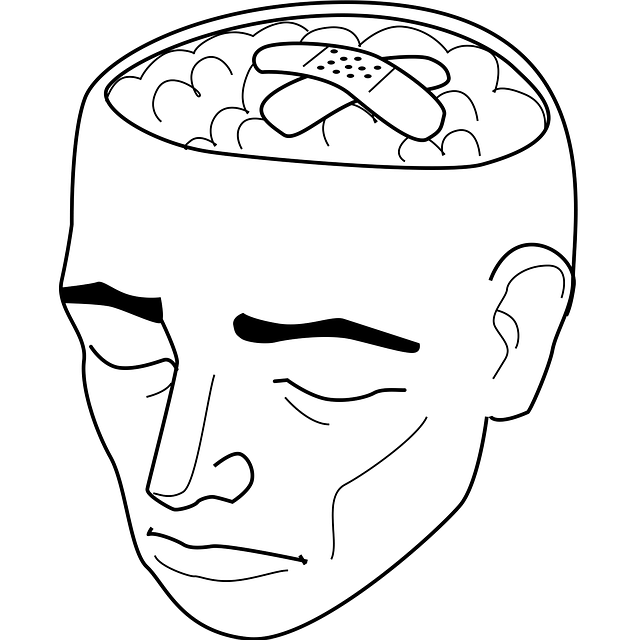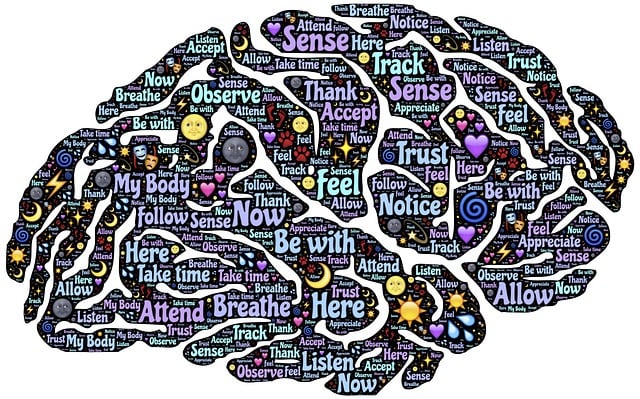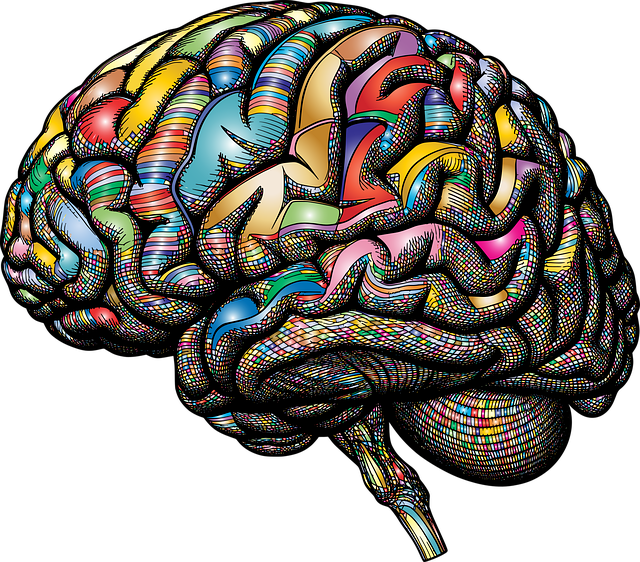Bipolar Disorder is a mental health condition characterized by extreme mood swings between mania/hypomania and depression, requiring professional evaluation and management. Longmont Bipolar Disorder Therapy offers evidence-based strategies such as CBT, emotional intelligence development, and mindfulness meditation, alongside self-care practices like sleep hygiene, exercise, and healthy eating. Through individual or group therapy sessions, clients gain skills for proactive symptom management while accessing educational resources for holistic care. Cultivating self-care is vital, encompassing regular physical activity, balanced diet, adequate sleep, mindfulness, stress management, and effective communication for navigating mood swings and enhancing overall well-being.
Mental illness, particularly bipolar disorder, requires comprehensive care for effective management. This article guides you through the intricate process of diagnosing and navigating treatment for Longmont Bipolar Disorder Therapy. We explore key aspects such as recognizing symptoms, understanding diagnosis criteria, and delving into diverse treatment options. Additionally, we emphasize the importance of professional support in recovery and offer practical self-care strategies to enhance therapy outcomes. By the end, you’ll be equipped with insights to support individuals navigating Longmont Bipolar Disorder Therapy.
- Understanding Bipolar Disorder: Symptoms and Diagnosis
- Navigating Treatment Options for Effective Longmont Bipolar Disorder Therapy
- The Role of Professional Support in Recovery and Management
- Self-Care Strategies to Complement Longmont Bipolar Disorder Therapy
Understanding Bipolar Disorder: Symptoms and Diagnosis

Bipolar Disorder is a mental health condition characterized by extreme mood swings, ranging from intense mania to deep depression. It’s essential to recognize that this illness goes beyond fleeting feelings of happiness and sadness; it involves periods of elevated energy and euphoria (mania or hypomania) alternating with episodes of profound despair. During manic phases, individuals may experience rapid speech, heightened creativity, and a reduced need for sleep, while depressive episodes are marked by persistent sadness, loss of interest in activities once enjoyed, and even suicidal thoughts.
Diagnosing Bipolar Disorder requires careful evaluation by qualified healthcare professionals, often including psychiatrists or psychologists. They typically assess symptoms over a specified period to differentiate bipolar disorder from other conditions. Key indicators include the pattern of mood episodes, the duration and severity of symptoms, and any history of similar experiences. Tools like structured interviews and standardized questionnaires aid in this process. Longmont Bipolar Disorder Therapy can play a pivotal role in managing the condition, often incorporating techniques such as emotional intelligence development, mindfulness meditation, and crisis intervention guidance to help individuals navigate their mood swings effectively.
Navigating Treatment Options for Effective Longmont Bipolar Disorder Therapy

Navigating the complex landscape of Longmont Bipolar Disorder Therapy requires a strategic approach. The first step is understanding the various treatment options available, tailored to the individual’s unique needs. This includes exploring evidence-based practices such as cognitive-behavioral therapy (CBT), which has proven effective in managing bipolar disorder symptoms by teaching individuals coping strategies and challenging distorted thought patterns. Medication management plays a crucial role too, with mood stabilizers and antipsychotic drugs often prescribed to regulate extreme moods and prevent manic or depressive episodes.
Complementing these professional interventions, Self-Care Practices and Routine Development for Better Mental Health are essential. Engaging in consistent self-care routines can significantly enhance the effectiveness of therapy. This includes prioritizing sleep hygiene, incorporating regular exercise, and adopting healthy eating habits – all of which contribute to stabilizing mood and energy levels. Additionally, activities like mindfulness meditation and journaling can serve as powerful tools for managing stress and preventing depression.
The Role of Professional Support in Recovery and Management

The role of professional support is paramount in the recovery and effective management of mental illness, especially conditions like bipolar disorder. Longmont Bipolar Disorder Therapy offers a specialized approach to understanding and addressing the unique challenges faced by individuals dealing with this condition. Therapists play a crucial role in providing guidance, education, and evidence-based strategies to help patients navigate their symptoms and improve their overall mental wellness.
Through individual or group therapy sessions, clients can develop self-awareness exercises and emotional regulation skills that empower them to manage their bipolar disorder proactively. Professional support also facilitates access to valuable resources, including the production of a Mental Wellness Podcast Series, which offers insights, tips, and real-life stories that inspire and educate listeners on various aspects of mental health and recovery. This comprehensive approach ensures that patients receive holistic care tailored to their needs, fostering a path towards sustainable mental wellness.
Self-Care Strategies to Complement Longmont Bipolar Disorder Therapy

In addition to Longmont Bipolar Disorder Therapy, cultivating self-care strategies is instrumental in managing symptoms and enhancing overall well-being. Regular exercise, such as walking or yoga, releases endorphins that boost mood and reduce stress. Maintaining a balanced diet supports stable energy levels, which can help regulate bipolar episodes. Adequate sleep, often disrupted during manic or depressive phases, is crucial for emotional stability.
Beyond physical health, developing inner strength through mindfulness practices like meditation or journaling can equip individuals with tools to navigate mood swings. Communication strategies, both with supportive networks and mental health professionals, foster a safe space to process emotions and experiences. Stress management techniques, such as deep breathing exercises or progressive muscle relaxation, offer immediate coping mechanisms during challenging times.
Navigating a mental health journey, especially with a condition like bipolar disorder, can be challenging. However, understanding your diagnosis and exploring tailored treatment options in Longmont bipolar disorder therapy is empowering. By combining professional support with self-care strategies, individuals can effectively manage symptoms and lead fulfilling lives. This comprehensive guide offers insights into every step of this process, from recognizing symptoms to implementing successful self-care practices, ensuring those affected by bipolar disorder in Longmont have the tools they need for a brighter future.














